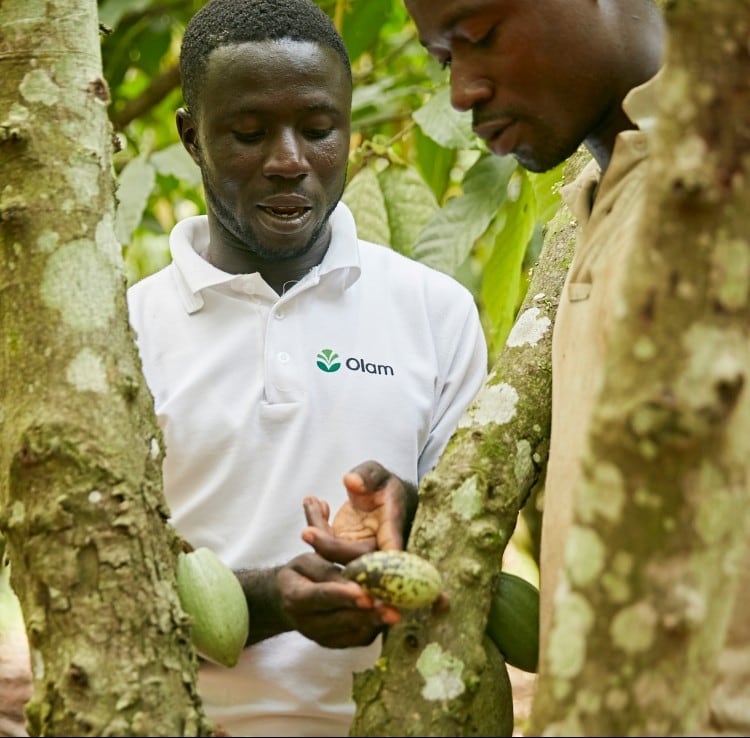A leading supplier of cocoa beans and cocoa ingredients, the company said both achievements are part of Cocoa Compass, OFI’s in-house sustainability initiative.
In its first impact report published today, the company confirmed that along with its 100% direct supply chain traceability target reached last year, it has hit its remaining 2020 milestones in collaboration with customers and partners, and shares progress towards its 2024 and 2030 goals, which include targets on living incomes, child labour and natural capital.
Gerard A Manley, CEO of OFI’s Cocoa Business, said: “Child labour anywhere in the cocoa supply chain is unacceptable, but the risk has increased over the past year as schools have closed due to the pandemic. By introducing this level of monitoring across all our cocoa sourcing countries, we want to make sure that cases are identified and dealt with as quickly as possible. Our data shows that there is still a long way to go to eradicate child labour from the cocoa supply chain, but this insight is helping us to tailor our interventions to the situation on the ground and focus on how we can make the biggest impact.”
The Child Labour Monitoring and Remediation System (CLMRS) developed by the cocoa business, in collaboration with the Fair Labor Association (FLA), covers 100% of its managed sustainability programmes and is a ground-breaking new tool for monitoring child labour in Cameroon, Uganda, Brazil and Indonesia.
Cocoa supply chain
OFI said it is a critical step towards Cocoa Compass’s goal of eradicating child labour from the cocoa supply chain by 2030. With training and the help of a smartphone, community leads and field officers now collect detailed social data on individual farming households, helping to identify children at risk and take faster, more effective action.
This data paints a clearer picture of child labour in the supply chain and the interventions needed. As an example, Côte d'Ivoire has a reported high prevalence of child labour, 79% of school-aged children attend school and 75% of children identified in a situation of child labour combine school and work.
NORC Study
In 97% of child labour cases, children were working for a parent or a relative. These findings are in line with the recent NORC study from the University of Chicago that showed that school attendance has increased significantly in Côte d’Ivoire in the past 10 years, indicating that actions like establishing birth certificates, building classrooms, providing school equipment and setting up Village Savings and Loans Associations are contributing to improving access to education.
OFI’s cocoa business is also sharing progress towards cutting its natural capital costs for the first time today, reporting a 13% reduction in its processing operations and a 4% reduction in its agriculture operations in the year 2019-20 compared to the previous year. By 2030, OFI said it aims to reduce natural capital costs by 30% across its global cocoa supply chain.
Satellite technology
The company claimed it is one step closer to achieving that goal after introducing satellite technology to map tree cover across its entire direct cocoa supplier network. Combining this data with historic deforestation rates, existing forest cover and national park boundaries, it can identify deforestation risk hotspots and take targeted action.
“Through the hard work of our teams and the support of our customers and partners, we have now achieved 100% traceability and 100% deforestation monitoring in our direct supply chain, and 100% child labour monitoring in all our managed sustainability programmes.
“This is just the beginning. The unprecedented level of data and insight at our fingertips will help us identify how and where to act to achieve our longer-term ambition of a professionalised and quality-focused cocoa supply chain, one where farmers are earning a living income, child labour is eliminated, and the natural world is protected,” said Manley.

